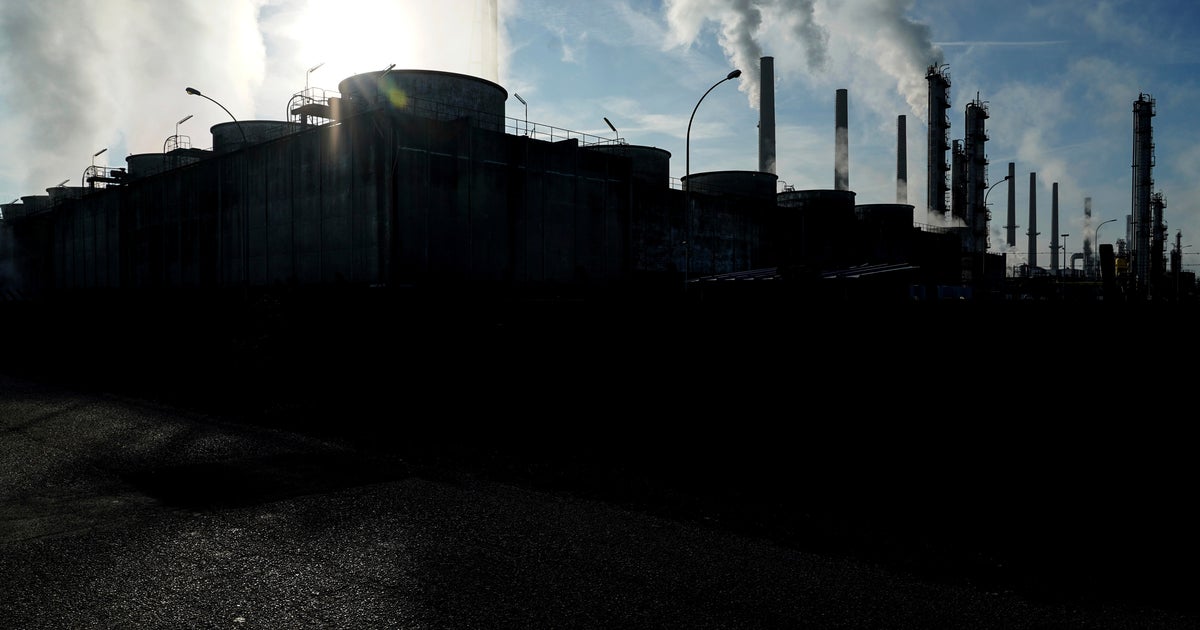On foreign affairs, Trump's role unclear and Tillerson's influence curbed
As the U.S. escalates military action in Syria, Iraq and Yemen, there is yet to be any articulation of policy from the Trump administration. The White House simply says that the president is “aware” of the deployment in Syria.
At the White House briefing Thursday, White House Press Secretary Sean Spicer was asked about exactly how involved the president was in the decision to deploy a couple hundred Marines into Syria with heavy artillery guns, and whether this was part of his wider anti-ISIS strategy.
“Obviously, the President was made aware of that,” Spicer responded. “This is something that was done in consultation. He understands the regional issues that need to be addressed there, and, again, I would refer you back to the Department of Defense on that.”
It isn’t clear what -- if any -- role the president played in overseeing the decision, but it likely indicates that the Pentagon has more freedom to make this sort of decision. Spicer said the president had taken advice from his generals and admirals but downplayed the importance of asking Congress to authorize military action in Syria as this was just “sending a few hundred advisers.”
In a significant and important call Friday, the president will speak for the first time with Palestinian leader Mahmoud Abbas. While the president has held multiple phone calls with Israeli Prime Minister Netanyahu and welcomed him and his wife to the White House, this is his first outreach to the President of the Palestinian National Authority. It precedes the visit of Special Representative for International Negotiations Jason Greenblatt to the region. Greenblatt has also served as the chief legal officer of the Trump Organization.
As reported earlier by CBS, Rex Tillerson’s State Department is being shut out of key meetings. That seems to be continuing -- Mexican diplomats tell CBS News that they’re in town meeting with White House officials, including Trump son-in-law Jared Kushner. While the State Department insists that the Secretary of State was aware of the meeting, the professional diplomats at the State Department were not. Acting Spokesman Mark Toner was asked about the visit during a briefing Thursday, he said “I was unaware that he was -- the foreign minister was in town.”
Another note on Tillerson -- the former Exxon Mobil CEO recused himself in February from all decisions on TransCanada’s Keystone XL Pipeline authorization, but the State Department has not said whether he will be standing down on issues related to Russia, where he worked in the 1990s as the president of Exxon Neftegas Limited. In 2011, Tillerson negotiated Exxon’s access to drilling rights in the Arctic, which also involved Russia’s state-owned oil company, Rosneft.
At a time of spiraling tension in Asia, Tillerson launches his trip to the region early next week without any reporters accompanying him. Diplomacy isseemingly being de-emphasized as the White House reviews its options on North Korea. Indeed, Tillerson’s trip to South Korea is taking place just as President Park Geun-hye has been removed from office. He’ll meet with the acting president, but Hwang Kyo Anh has been an ally of Park, and liberals, who have a different view of relations with Washington, may soon be in power. Tillerson’s top Asia adviser Danny Russell has also just left the State Department this week.
Tillerson meets Friday with the president, and later, the White House will brief on German Chancellor Angela Merkel’s visit next week to Washington.




